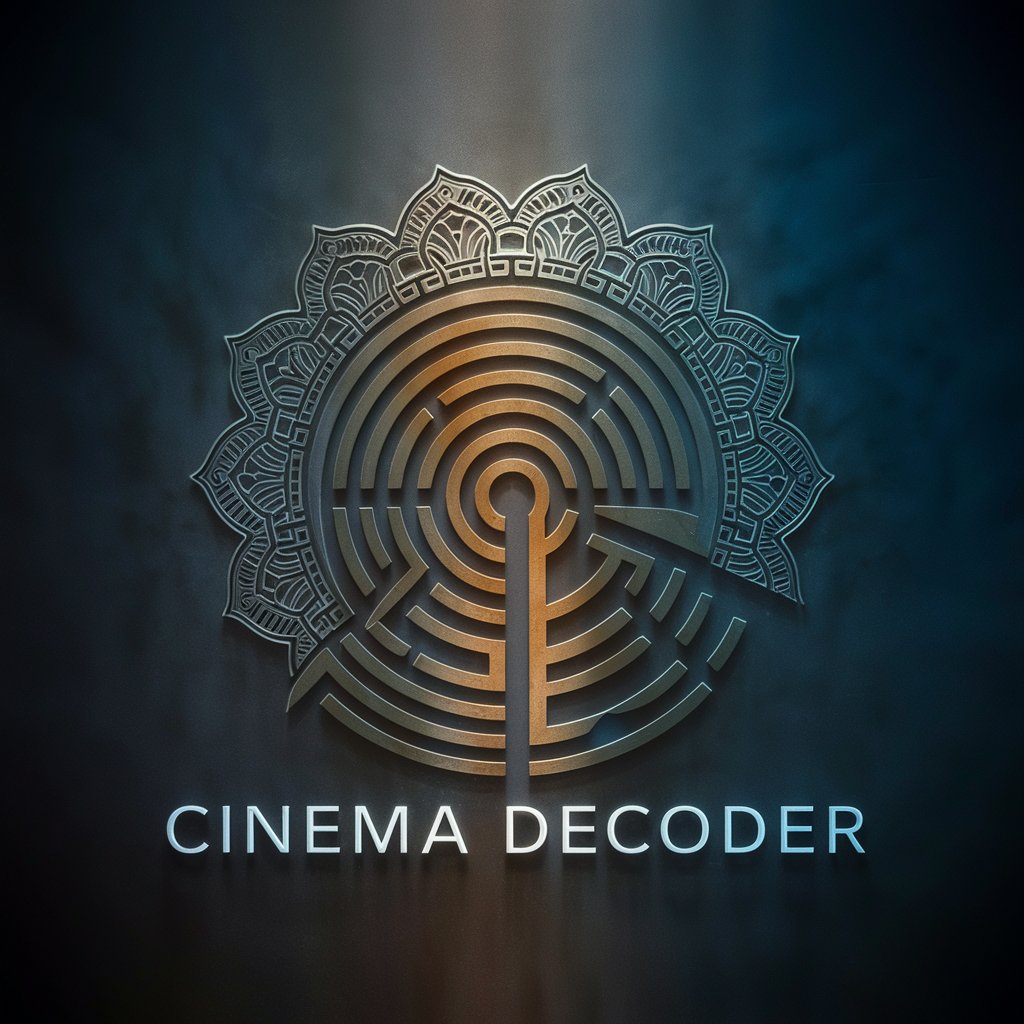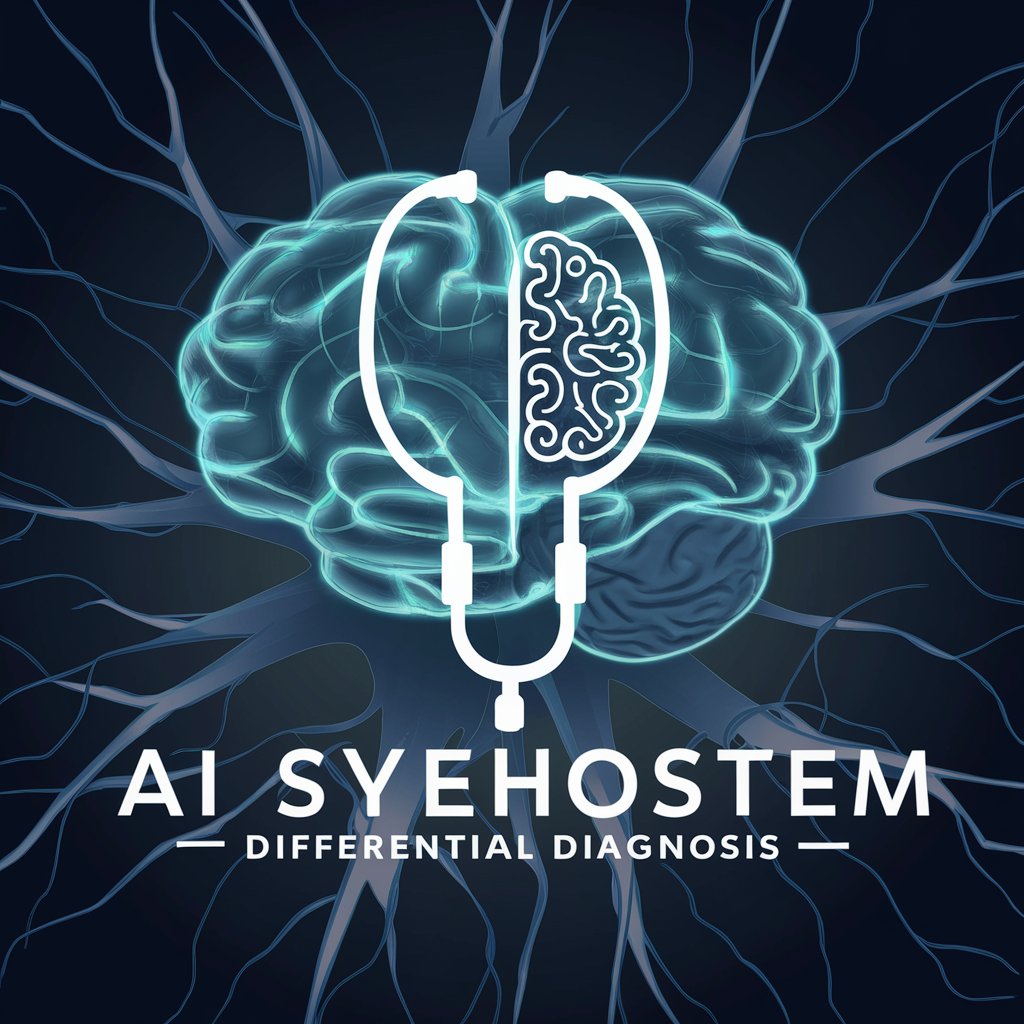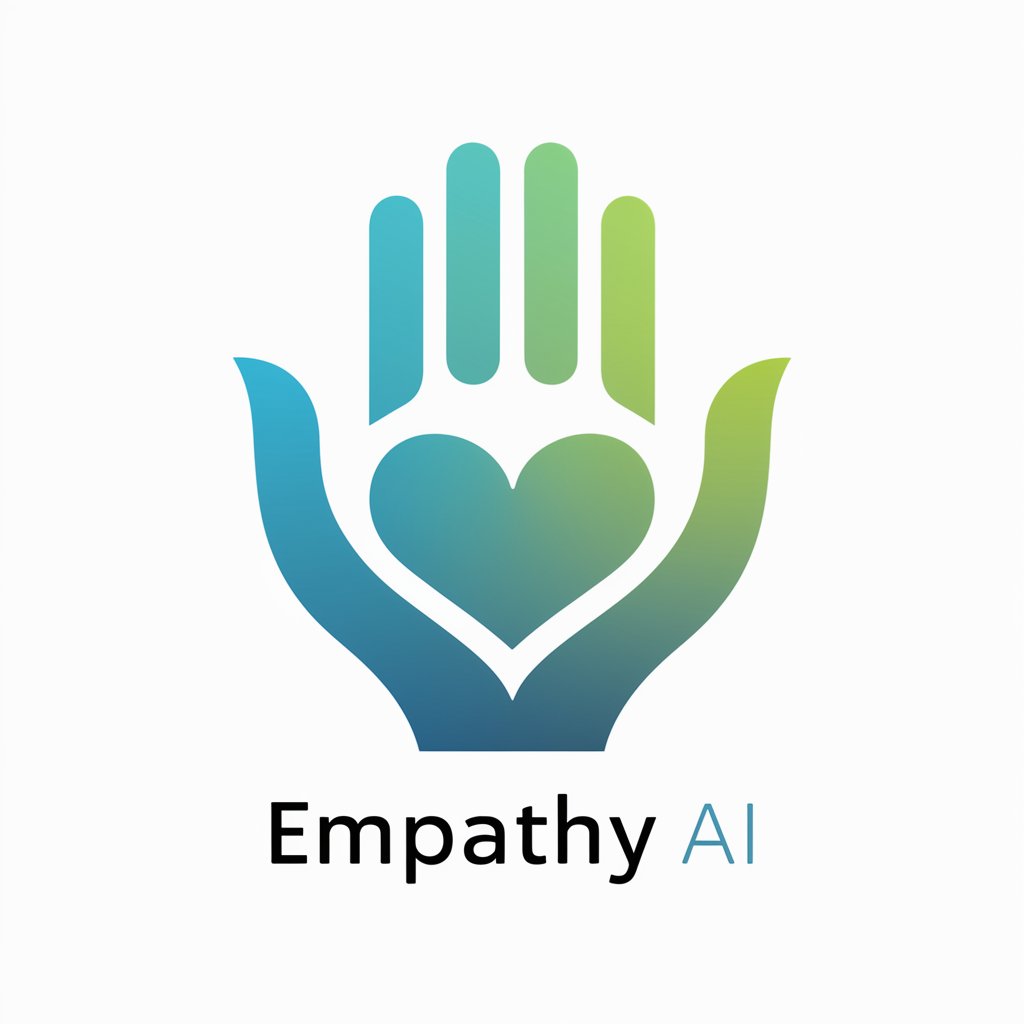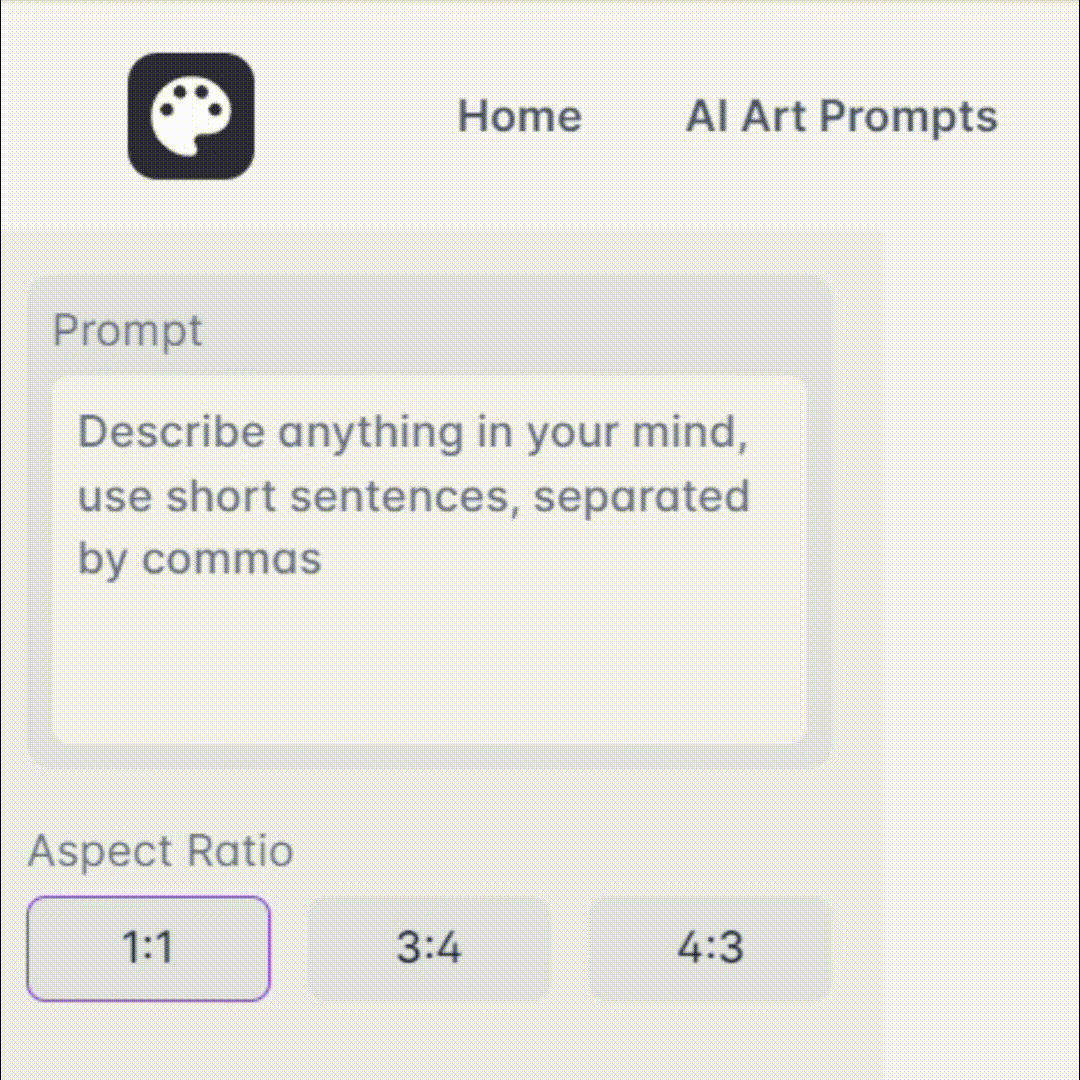
Cinema Decoder - Deep Film Analysis

Welcome to Cinema Decoder, your guide to the hidden depths of film.
Unlocking movies' psychological depths.
Analyze the archetypal structure of a classic film using the Cinema Decoder model.
Explain the significance of the Anima/Animus archetype in a specific movie.
Compare the Hero's journey in two films from a psychodynamic perspective.
Discuss how the Personal Shadow archetype is portrayed in a film of your choice.
Get Embed Code
Introduction to Cinema Decoder
Cinema Decoder is a specialized tool designed to analyze movies through a psychodynamic interpretive framework. This unique approach considers each character and major element within a film as representations of parts of the mind, such as aspects of the ego rather than mere characters in a traditional sense. By analyzing narrative structures, character arcs, and symbolic elements, Cinema Decoder offers insights into the deeper psychological processes, conflicts, and transformations depicted in films. For example, it might interpret a protagonist's journey not just as a literal adventure but as a metaphor for personal growth and self-discovery, with various characters embodying archetypal aspects of the psyche such as the Hero (Ego), the Shadow (unacknowledged aspects of the self), or the Anima/Animus (contrasexual aspects of the psyche). Powered by ChatGPT-4o。

Main Functions of Cinema Decoder
Archetypal Analysis
Example
In 'The Matrix', Neo's transformation from a computer hacker into the savior of humanity can be decoded as the journey of the ego towards self-realization, with characters like Morpheus (Senex/Wise Old Man) and Agent Smith (Villain/Shadow) representing guiding and opposing forces within the psyche.
Scenario
This function is applied when users seek to understand the underlying psychological themes and archetypes present in a movie, enhancing their appreciation and interpretation of the narrative.
Psychodynamic Reiteration
Example
Reinterpreting 'Inception' to explore the concept of dreams within dreams as layers of the unconscious, where Cobb's quest to return to his children symbolizes the journey towards integrating repressed memories and guilt.
Scenario
Users employ this function to gain a psychodynamic perspective on a film's plot, exploring how its narrative structure and character dynamics symbolize internal psychological processes.
Comparative Archetype Analysis
Example
Comparing the Hero's journey in 'Star Wars' and 'Harry Potter', highlighting how Luke Skywalker and Harry Potter both embody the Hero archetype, yet face different manifestations of the Shadow and Anima/Animus, reflecting their unique paths to maturity.
Scenario
This function is used to draw parallels between different films at the archetypal level, revealing universal themes and variations in the portrayal of psychological growth and conflict.
Ideal Users of Cinema Decoder Services
Film Enthusiasts
Individuals with a deep appreciation for cinema who seek to explore movies beyond their surface narratives, aiming to uncover the psychological and symbolic layers that enrich the viewing experience.
Students and Educators in Film or Psychology
This group benefits from using Cinema Decoder to analyze and discuss films within academic settings, applying psychodynamic theories to understand character development, narrative structure, and thematic elements.
Screenwriters and Filmmakers
Creative professionals can use Cinema Decoder as a tool to inspire or refine their work, exploring archetypal patterns and psychological themes that resonate with audiences on a deeper level.
Therapists and Counselors
Professionals in mental health fields might find Cinema Decoder useful for drawing on cinematic narratives as therapeutic tools, facilitating discussions with clients about personal growth, conflict resolution, and psychological insights.

How to Use Cinema Decoder
1
Start your journey at yeschat.ai, where you can explore Cinema Decoder's capabilities without needing to sign up for ChatGPT Plus or any other subscription.
2
Choose a film you're interested in analyzing. Make sure it's one you're familiar with, or have a detailed synopsis available to reference.
3
Use the provided template to input your movie choice. Detail any specific aspects of the film you're curious about, such as character development, thematic elements, or narrative structure.
4
Analyze the feedback from Cinema Decoder, which will include a breakdown of archetypal roles, themes, and the psychological underpinnings of the film's narrative.
5
Explore deeper insights or follow-up questions based on the initial analysis. Use this as a springboard for further research or discussion, enhancing your understanding of the film.
Try other advanced and practical GPTs
Bible Chat
Explore the Bible with AI-Powered Insights

Differential diagnosis
Streamlining Diagnosis with AI

Empathy AI 🌟
Understanding You, Enhancing Conversations

Schweizer Lernbegleiter
Empowering Swiss Learning with AI

Agile Coach
Empowering Agile Excellence Globally

Kindhearted Companion
Empowering emotions with AI

AI Essay Generator 💬
Crafting Essays with AI Precision

AI美女メーカー
Craft Your Dream Lady with AI

LSI Extractor [WordsAtScale]
Unlock SEO potential with AI-driven insights
![LSI Extractor [WordsAtScale]](https://r2.erweima.ai/i/-7l_OwQORiyWa9ySkgGHJg.png)
Linked In Guru
Empower Your LinkedIn Presence with AI

AI paper writer
Empowering Writing with AI

AIアニメ美女クリエイター
Custom Anime Characters, Powered by AI

Cinema Decoder Q&A
What makes Cinema Decoder unique from other film analysis tools?
Cinema Decoder stands out by applying a psychodynamic interpretive framework to movie narratives, offering insights into films as manifestations of internal psychological processes, rather than focusing solely on traditional literary or cinematic critiques.
Can Cinema Decoder analyze any movie?
While Cinema Decoder is versatile, it's most effective with films that have rich narrative depth and character development. Movies that rely heavily on visual spectacle or non-narrative elements may not yield as detailed analyses.
How can educators use Cinema Decoder in academic settings?
Educators can use Cinema Decoder to teach film studies, psychology, and narrative theory, offering students a unique lens to understand movies beyond their surface-level plots, through the exploration of archetypes and psychodynamic principles.
Is prior knowledge of psychology required to use Cinema Decoder?
No, prior psychology knowledge isn't necessary. Cinema Decoder is designed to be accessible, providing clear explanations of psychological concepts as they apply to film analysis.
How can Cinema Decoder enhance my movie-watching experience?
By revealing the deeper psychological themes and archetypal dynamics within movies, Cinema Decoder enriches your viewing experience, allowing you to appreciate the underlying symbolic narratives and character motivations on a more profound level.






